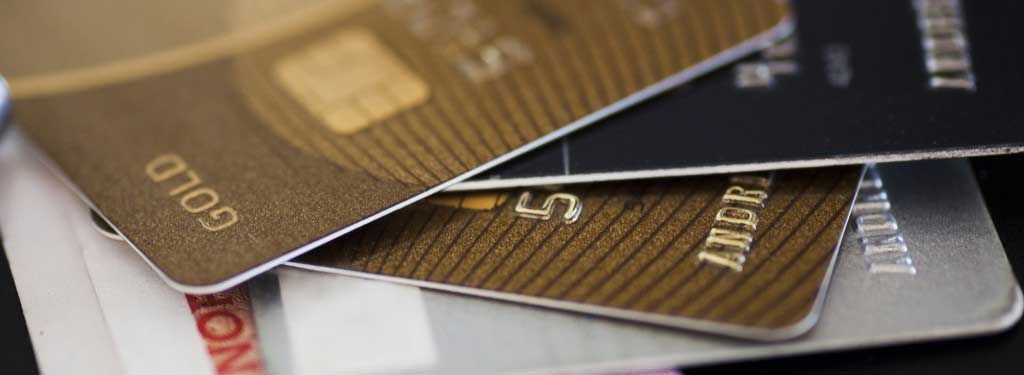
Scammy Scammers Scammed Me
Or “The Story of How I Thought I Disappointed My Father”
My father did not raise this person. He did not raise a person who isn’t skeptical, who doesn’t have a working bullshit meter, who doesn’t ask questions, who doesn’t trust their own instincts. My father did not raise someone who falls for a scam.
 But he did. And I totally lost some dignity points this weekend. Sunday morning, I was snuggled up on the couch, browsing the internet in my PJs, when there was a knock at the door. I usually ignore knocks, but for some reason unbeknownst to me, I felt compelled to get up and look.
But he did. And I totally lost some dignity points this weekend. Sunday morning, I was snuggled up on the couch, browsing the internet in my PJs, when there was a knock at the door. I usually ignore knocks, but for some reason unbeknownst to me, I felt compelled to get up and look.
I could see a younger male through the glass of our front door. It isn’t unusual for my husband’s friends to swing by the house, especially on the weekend; so thinking it was someone we knew, I opened the door.
And there he was.
The magazine subscription salesman.
I don’t know if it was because of how comfortable I was on a Sunday morning or if he was just a really good salesman or if I just really wanted him to go away, but somehow I ended buying a subscription to a travel magazine, which I was kind of sort of interested in. I knew it was twice the price, but the dude had a good story, so I (unfortunately) gave him the benefit of the doubt.
Later that evening I sat down and read the fine print on the form I had signed, the really fine print. It was then I noticed the language about how the check I gave Mr. Magazine could be used to automatically debit monies from my account.
Ruh-roh.
This started a flurry of research about the company, Interstate Subscription Services or Snook Circulation, Inc. (the company’s “real” name was debatable). My husband, who has a not-so-secret desire to be an internet sleuth, started researching the salesman. The good news is, Mr. Magazine gave us his real name. The bad news is, well, his multiple mugshots.
Here’s the thing. I am a pretty skeptical person. I have a pretty solid bullshit radar. But on lazy Sunday mornings, my scam-o-meter isn’t on, and I wasn’t prepared to be ambushed by a seemingly likeable guy who had a fairly fun pitch.
You might think, like I did, “Oh, this could never happen to me! I never fall for these things.” But they do happen. These scammers are waiting for that moment when your guard is down, and your guard may be down more often than you realize, especially when you travel. So regardless of where you are, home or away, protect yourself.
Here are a few things to watch out for if you think you’re being scammed:
- Don’t feel pressured to buy. Scammers will play a multitude of psychological tricks to convince you to buy, ranging anywhere from tapping into your insecurities to overwhelming you with flattery to guilt trips to aggression, all with the single goal of getting you to break out your wallet.
- If your bullshit radar goes off, even slightly, pay attention. During my conversation with Mr. Magazine, I kept noticing little inconsistencies in his stories, but rather than act on my instincts, I let it go. Don’t be afraid to ask questions, and if anything raises a red flag, move on.
- Make an informed purchase. If the salesperson wants you to buy right at that moment, without doing any research, take a step back. Being a knowledgeable consumer is not an unreasonable expectation. And always read the fine print (if there is some), where you’re more likely to find a little scam nugget waiting for you.
- Don’t feel bad about walking away. Whether it’s the sob story or the pressure to buy, they’ll lay the guilt on thick if you try to leave. If they become antagonistic, it’s even more of a reason to get out of the situation.
- If you do decide to make a purchase, pay with your credit card; if needed, you can dispute the charges later. Never pay with a debit card or with cash, unless you’re prepared to lose it.
If you, like me, happen to be the idiot who gave someone a check or credit card, there are still some things you can do.
- Cancel the check or dispute the charges with your credit card company.
- Contact your bank. You may need to close your account for added security.
- If there’s a cancellation policy, use it immediately. In the U.S. there is a three-day cooling off period for home purchases.
- Document everything. The scammer may threaten to send you to a bill collector, but if you have your ducks in a row, they’ll more than likely back down. After all, they’re the criminals in this situation.
- Don’t beat yourself up. We all fall for this shit at some point. You live, you learn, and now you’re prepared for the next scammer who comes along (and there will be one).
The worst part of this whole ordeal? Telling my father what I did. He did not raise a daughter who falls for scams. I emailed him the story, and his response was chock full of advice on how to tell scammers to piss off.
But at the end was this little line.
“And ask your mother sometime about the nice young man that sold me a bag of cleaning sponges when we lived in Lexington.”
Dignity points restored.